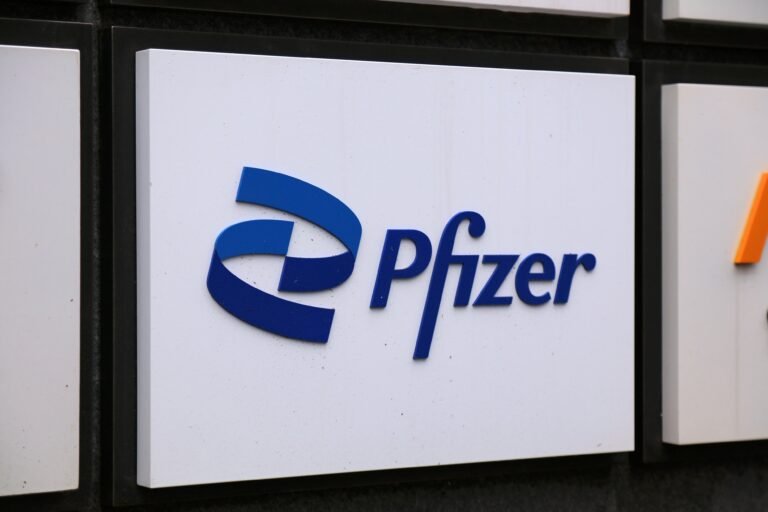Men’s reluctance to seek weight loss treatment is putting their health at serious risk, raising alarms among healthcare professionals.
Story Overview
- Men significantly less likely to seek weight loss treatment than women.
- Untreated obesity in men leads to higher risks of chronic diseases.
- Cultural norms and stigma contribute to low male engagement.
- Healthcare providers call for gender-sensitive approaches.
Gender Disparities in Weight Loss Treatment
Despite similar obesity rates between men and women, men are notably less likely to seek organized weight loss programs. This trend persists globally but is particularly pronounced in Western countries. The lack of male engagement raises significant public health concerns due to increased risks of chronic diseases and mortality linked to untreated obesity. Cultural norms associating weight loss with femininity and societal pressures on women about appearance contribute to this disparity.
Healthcare professionals are alarmed by the low male participation in weight loss interventions, often as low as 20-27% in studies. This under-engagement limits opportunities for disease prevention, increasing healthcare costs and the burden on medical systems. The commercial weight loss industry, historically targeting women, is beginning to recognize the need to engage men, yet uptake remains limited.
Why Obesity Is Killing American Men Men seek weight loss treatment far less often than women. Doctors are concerned.. @CosmicMetaX #Healthhttps://t.co/2p3rkBmC3f
— CosmicMeta.Ξth (@CosmicMetaZ) September 19, 2025
Efforts to Bridge the Gender Gap
Recent developments see some programs and researchers piloting male-focused interventions to enhance engagement. Healthcare providers emphasize the importance of inclusive, gender-sensitive approaches to weight management. Despite growing awareness and calls for action, the gender gap continues, highlighting the need for targeted research and interventions. Some progress is being made, but the pace is slow, requiring concerted efforts from all stakeholders.
Men’s reluctance to seek weight loss treatment stems from various factors, including cultural stigma and lack of tailored programs. Experts suggest that men may prefer self-directed methods or physical activity rather than formal dieting, necessitating diverse intervention strategies. Addressing these barriers is crucial to improving male participation in weight loss efforts and reducing obesity-related health risks.
Implications for Public Health and Policy
The short-term implications of untreated obesity in men include missed opportunities for early intervention, leading to increased comorbidities. Long-term, this trend results in higher rates of chronic diseases and premature mortality among men, escalating healthcare costs. The economic and social impacts are significant, with reduced quality of life and productivity for affected individuals, prompting political pressure on health agencies to address these disparities.
To mitigate these impacts, the commercial weight loss industry may need to adapt marketing strategies and program designs to better appeal to men. Similarly, medical education and training must evolve to emphasize gender-sensitive care. Engaging men in weight loss treatment is not just a health issue but a societal challenge that requires a holistic approach involving healthcare providers, public health agencies, and policymakers.
Sources:
Effect of Age and Gender on the Efficacy of a 12-Month Body Weight Reduction Program
Gender Differences in Factors Associated with Clinically Meaningful Weight Loss
Exploring Gender Differences in a Randomized Trial of Weight Loss Maintenance







